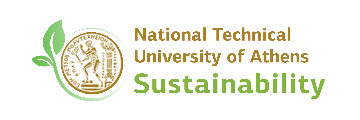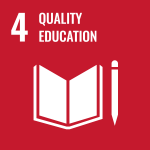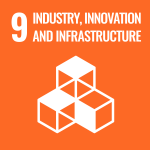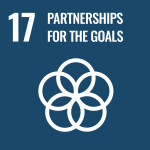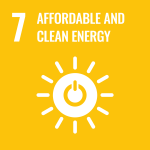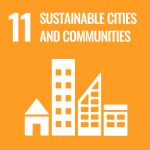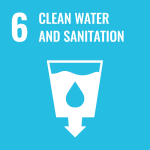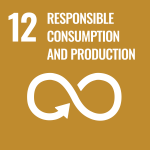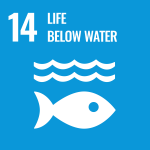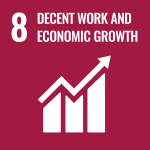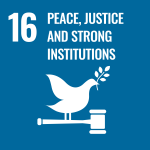Summary of actions
The Main Pillars of Action of NTUA and their Connection with the Sustainable Development Goals (SDGs)
The National Technical University of Athens has placed sustainable development at the center of its strategy. Its actions are not just isolated initiatives, but are organized around eight key pillars that touch on its daily operation, educational process and social role. At the same time, these pillars are directly linked to the UN Sustainable Development Goals (SDGs), integrating NTUA into the international effort for a better future.
1.
Integrating Sustainability into Education and Research
Sustainability is at the heart of teaching and research, inspiring students to become innovators.
2.
Energy Management and CO₂ Emissions Reduction
With renewable energy sources, energy-efficient buildings and responsible consumption, the National Technical University of Athens shows in practice how the environmental footprint of a large institution can be reduced.
3.
Sustainable Infrastructure Design and Development
The Polytechnic Campuses of the National Technical University of Athens (Zografou-Patisia) are being transformed into “living laboratories” of sustainability, with spaces that respect the environment and promote quality of life.
4.
Water and Waste Management
Responsible water use and waste reduction protect natural resources that are valuable for future generations.
5.
Sustainable Transportation
Encouraging bicycles, public transportation and shared transportation creates a cleaner, more accessible and friendly University Campus.
6.
Circular Economy and Procurement
Instead of “buy-use-throw”, NTUA adopts practices that give a second life to materials and promotes responsible choices in procurement.
7.
Community Awareness and Participation
Sustainability is not only a policy, it is also a way of life. Through events, seminars and actions, the National Technical University of Athens mobilizes students, professors and staff, cultivating a sense of collective responsibility.
8.
Evaluation and Progress Monitoring
Progress is measured, recorded and continuously improved so that the strategy remains alive and effective.
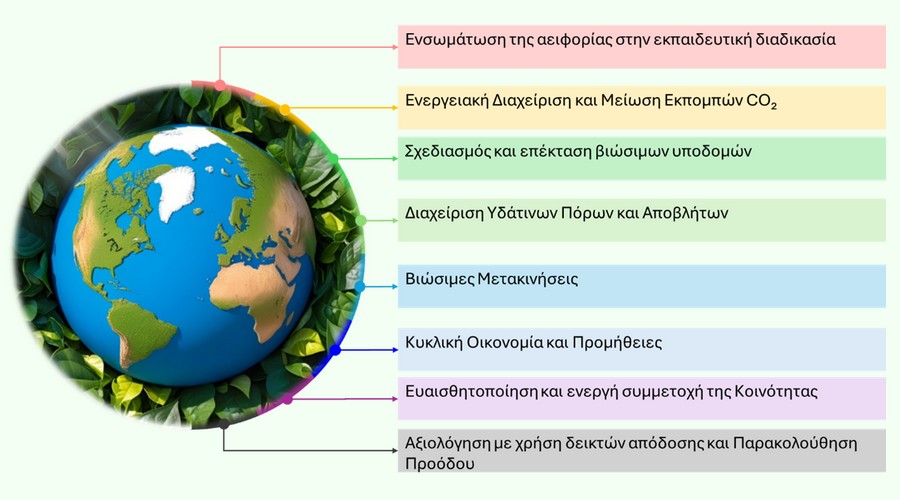
More specifically, the NTUA aims to use various actions to scale up the green transition, including the following:
- Encouraging interdisciplinary research on sustainability and seeking funding tools for doctoral studies in topics directly related to the SDG goals
- Increasing the sustainable infrastructure of NTUA, renovating the building infrastructure of NTUA and preventing the negative impacts of climate change
- Sustainable design and restoration of outdoor spaces to mitigate the impacts of climate change
- Promoting the principles of open access, open data, open source and citizen science
- Presentation of research activities and results in various outreach actions to raise community awareness on sustainability issues
- Strengthening NTUA synergies with organizations that can transfer the knowledge gathered from NTUA practices to broader social groups
- Highlighting the multifaceted aspects of sustainable development by designing more cross-curricular courses with an emphasis on sustainability
- Increasing sustainability content in all existing Specialized Postgraduate Programs and organizing new Postgraduate programs specifically focused on sustainability
- Reduction of NTUA’s primary energy consumption, including through the adoption of effective management practices and changing users’ energy behavior
- Increasing the fraction of renewable energy sources in the NTUA energy mix both by increasing installed capacity and by using appropriate storage systems and smart management of the sustainable energy produced
- Enhancing accessibility to NTUA facilities by maximizing the use of public transportation
- Reducing the amount of waste produced by the University and strengthening the waste collection and sorting system
- Optimization of water resources management within the NTUA
Promoting sustainable development requires multidimensional interventions and collaboration of all parts of the academic community. Although the challenges are significant, through appropriate strategies and targeted actions, NTUA aims to be an example of good practice and to contribute decisively to shaping a sustainable future.
